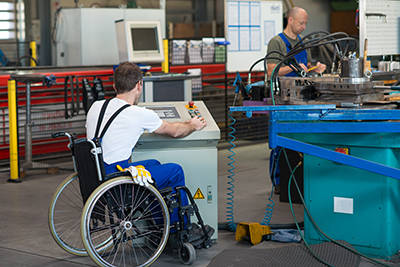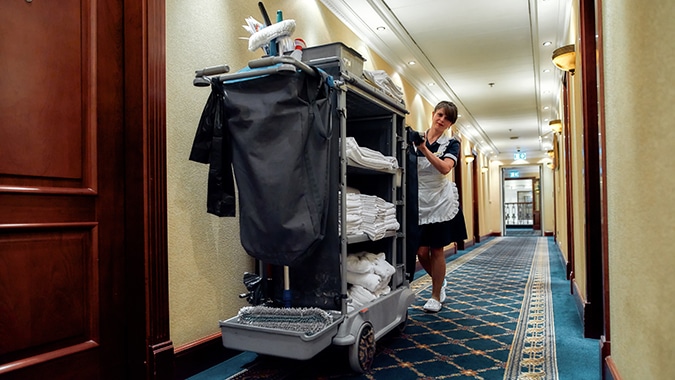 A bipartisan bill pending in Congress would expand three existing tax credits for employers who hire disabled individuals and make their workplaces more accessible to those employees.
A bipartisan bill pending in Congress would expand three existing tax credits for employers who hire disabled individuals and make their workplaces more accessible to those employees.
Although studies find that up to 80% of people with disabilities report that they want to work, the May 2018 report from the U.S. Bureau of Labor Statistics found that only 32.2% of people with disabilities are actually in the workforce. The expansion of the tax credits would provide incentives to both small and large employers to encourage the hiring and retention of disabled employees.
The Disability Employment Incentive Act (S. 255), sponsored by U.S. Senator Bob Casey, D-Pennsylvania, would increase in the Work Opportunity Tax Credit, provide a higher deduction for expenditures to remove architectural and transportation barriers, and expand the disabled access credit.
The bill expands the Work Opportunity Tax Credit to include the hiring of employees who receive Social Security Disability Insurance (SSDI) benefits. For employers who hire vocational rehabilitation referrals, Supplemental Security Income recipients, or SSDI recipients, the bill also increases the amount of wages that may be taken into account for the credit, and allows an additional credit for second-year wages.
Specifically, the tax credit would continue as 40% of the employee’s first-year salary, but the amount of the salary considered for the credit would be raised from $6,000 to $12,500, which raises the maximum tax credit from $2,400 to $5,000. A business that retains a disabled employee for a second year, could take a credit on 20% of the employee’s salary up to $12,500, which is a maximum $2,500 credit.
The bill would also double the maximum Disability Access Expenditures Tax Credit from $5,000 to $10,000. To be eligible, businesses must have no more than 60 employees and gross receipts of less than $3 million a year.
The bill would also increase the Architectural and Transportation Barrier Tax Credit to $30,000 for expenses incurred during a single year by a business that removes existing physical barriers in qualified facilities or vehicles. Businesses could also take the credit for expenses incurred making telecommunications and online business operations accessible to disabled employees.

